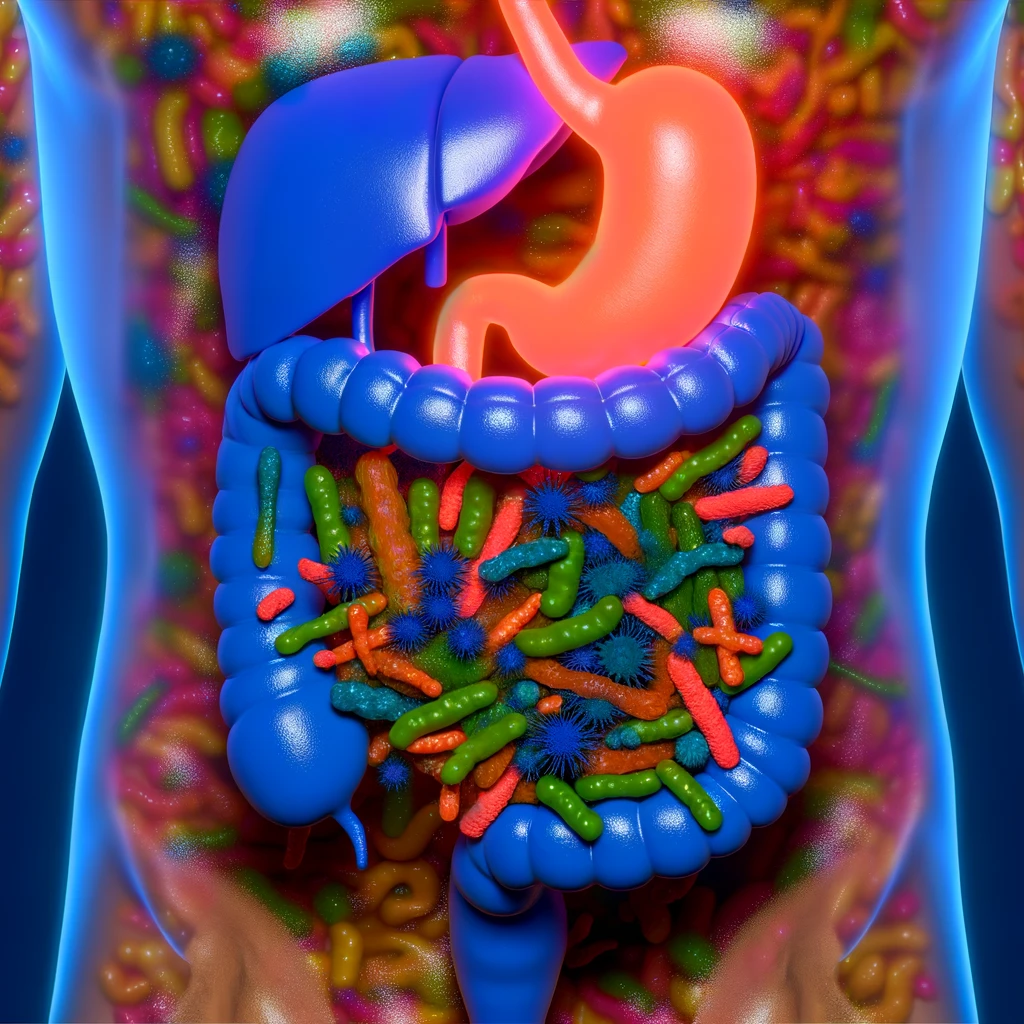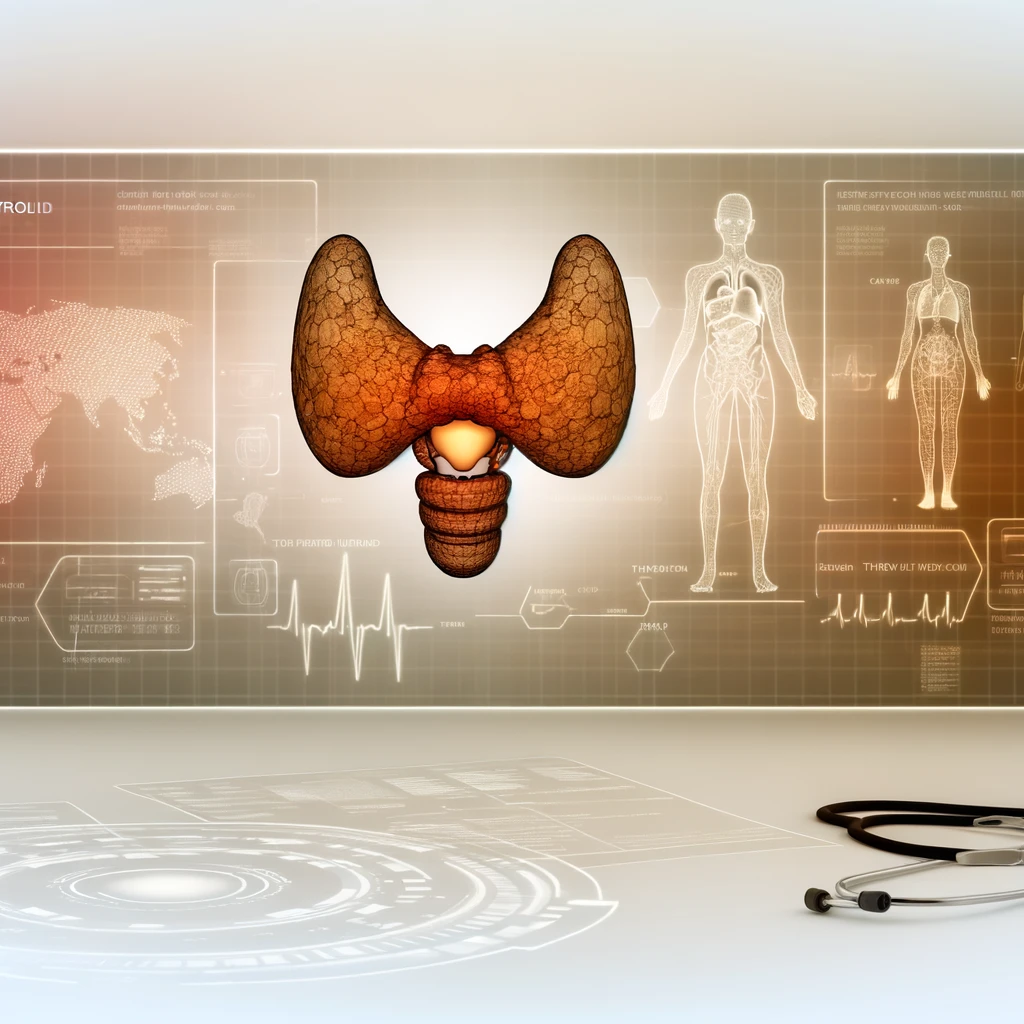
Unlocking the Secrets of Gut Health: The Path to Enhanced Well-being
In recent years, the importance of gut health has gained significant attention among health enthusiasts and medical professionals alike. Emerging research suggests that the state of our gut can influence not only digestive health but also overall well-being. In this comprehensive guide, we will explore the secrets of gut health and how it can lead to enhanced well-being.
Understanding the Gut Microbiome
The gut microbiome is a complex ecosystem of trillions of microorganisms residing in our digestive tract. These microorganisms, including bacteria, viruses, and fungi, play a critical role in maintaining our health. A healthy gut microbiome aids in digestion, supports the immune system, and produces essential vitamins. Furthermore, it is believed to have a significant impact on mental health and mood regulation.
The Connection Between Gut Health and Mental Well-being
The gut-brain axis is a bidirectional communication system between the central nervous system and the enteric nervous system of the gut. This connection implies that the health of our gut can influence our mental state and vice versa. Studies have shown that an imbalance in gut bacteria, known as dysbiosis, can contribute to conditions like anxiety and depression. Enhancing gut health may help improve mental clarity and promote a more positive mood.
Dietary Choices for a Healthy Gut
Diet plays a crucial role in shaping the gut microbiome. A diet high in processed foods and low in fiber can negatively affect gut health. To promote a healthy gut, consider incorporating the following dietary changes:
- Increase Fiber Intake: Foods rich in fiber, such as fruits, vegetables, whole grains, and legumes, act as prebiotics, nourishing beneficial gut bacteria.
- Include Probiotic Foods: Fermented foods like yogurt, kefir, sauerkraut, and kimchi provide live beneficial bacteria that support gut health.
- Limit Sugar and Processed Foods: High sugar and processed food intake can lead to an imbalance in gut bacteria, contributing to dysbiosis.
Lifestyle Changes to Support Gut Health
Beyond diet, various lifestyle factors can impact gut health. Implementing the following changes can help maintain a balanced gut microbiome:
- Regular Exercise: Engaging in regular physical activity can promote a diverse gut microbiome and reduce inflammation.
- Stress Management: Chronic stress can negatively impact gut health. Techniques such as meditation, yoga, and deep breathing exercises can help reduce stress levels.
- Adequate Sleep: Quality sleep is essential for maintaining gut health. Aim for 7-9 hours of uninterrupted sleep each night.
The Role of Supplements in Gut Health
While dietary and lifestyle changes are fundamental, supplements can also play a role in supporting gut health. Probiotics and prebiotic supplements can help restore balance to the gut microbiome. However, it is crucial to consult with a healthcare provider before starting any new supplement regimen.
The Future of Gut Health Research
As research into the gut microbiome advances, the potential for personalized medicine and therapies targeting gut health continues to grow. Scientists are exploring the use of microbiome-based treatments for a wide range of conditions, from gastrointestinal disorders to neurological diseases. The future holds promise for even more targeted and effective interventions to optimize gut health and overall well-being.
Conclusion
Unlocking the secrets of gut health can lead to a path of enhanced well-being. By understanding the role of the gut microbiome, making informed dietary choices, adopting beneficial lifestyle changes, and considering supplements, individuals can improve their gut health and, consequently, their overall quality of life. As research continues to unfold, the connection between gut health and well-being will likely become even clearer, offering new avenues for health optimization.
Related Articles





